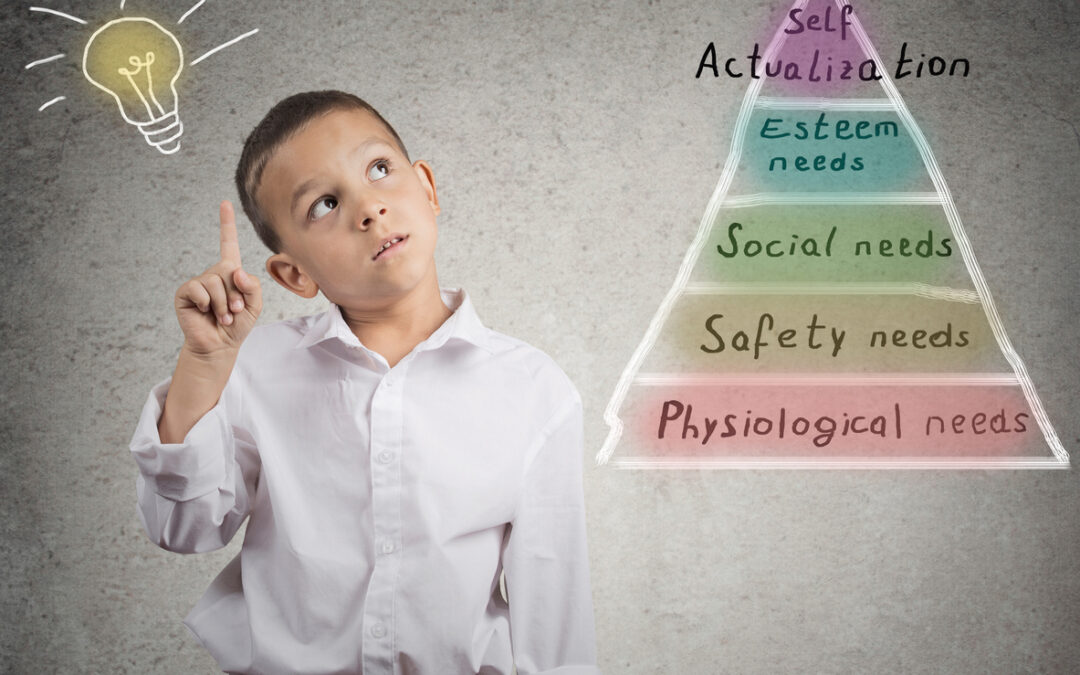In today’s fast-paced world, the pressure to excel professionally often comes at the cost of our mental and physical well-being. Anxiety, a common companion in this journey, can lead to burnout if left unchecked. Burnout is not merely feeling tired or stressed; it’s a state of emotional, physical, and mental exhaustion caused by prolonged stress or excessive workload. As a mental health counselor, I’ve witnessed firsthand the detrimental effects of burnout on individuals’ lives. In this article, we’ll explore the risk factors for burnout, examine how our work-obsessed culture contributes to it, and discuss five essential strategies for finding balance and preventing burnout.
Understanding Burnout: Recognizing the Signs
Anxiety often serves as a precursor to burnout, signaling that something isn’t right. Persistent feelings of overwhelm, exhaustion, and cynicism towards work are typical signs. Physical symptoms like headaches, sleep disturbances, and digestive issues may also manifest. Ignoring these signs can exacerbate anxiety and lead to burnout.
The Impact of Capitalistic Culture
Our society often glorifies overwork and equates self-worth with productivity. This relentless pursuit of success can foster a toxic work environment, perpetuating anxiety and stress. The pressure to constantly perform and meet unrealistic expectations fuels the cycle of burnout. As a result, individuals may neglect their well-being in favor of career advancement, inadvertently sacrificing their mental health in the process.
Risk Factors for Burnout
Several factors increase the likelihood of experiencing burnout:
- High Workload: Excessive demands and tight deadlines can overwhelm individuals, contributing to anxiety and burnout.
- Lack of Control: Feeling powerless or micromanaged at work can amplify feelings of anxiety and stress.
- Poor Work-Life Balance: Difficulty disconnecting from work and maintaining boundaries between professional and personal life can lead to chronic stress.
- Lack of Social Support: Isolation and a lack of supportive relationships can exacerbate feelings of anxiety and burnout.
- Perfectionism: Striving for unattainable standards can create undue pressure and contribute to anxiety and burnout.
- Compulsive Tech Checking: Compulsively phone or email checking often coincides with work-related anxiety.
Strategies for Finding Balance
- Set Boundaries: Establish clear boundaries between work and personal life. Designate specific times for work-related tasks and prioritize self-care activities outside of work hours. Reassess your relationship with technology and take intentional tech breaks.
- Practice Self-Care: Prioritize activities that promote relaxation and rejuvenation, such as mindfulness, meditation, hobbies, and spending time with loved ones.
- Seek Support: Cultivate a strong support network of friends, family, or colleagues who can offer encouragement and understanding during challenging times.
- Manage Time Effectively: Break tasks into manageable chunks, prioritize responsibilities, and delegate when possible. Avoid overcommitting and learn to say no when necessary.
- Cultivate Resilience: Develop coping strategies to manage stress and adversity effectively. Build resilience through practices like positive self-talk and reframing challenges as opportunities for growth.
Recognizing the Need for a Leave
Sometimes, despite our best efforts to prevent burnout, it becomes clear that a break from work is necessary for our well-being. Signs that you may need to take a leave include persistent physical symptoms, such as chronic headaches or digestive issues, worsening anxiety or depression, and difficulty concentrating or making decisions. If you find that your work performance is suffering, or if you’re experiencing frequent conflicts with colleagues or clients, it may be time to prioritize your mental health and take a step back from work.
Nurturing Well-Being in a Competitive World
In a society that often prioritizes productivity over well-being, it’s essential to prioritize self-care and establish boundaries to prevent burnout. By recognizing the signs of anxiety and taking proactive steps to address them, individuals can cultivate a healthier relationship with work and find balance in their lives. Remember, your worth is not defined by your productivity, and prioritizing your well-being is not selfish—it’s necessary for sustainable success and fulfillment. So, take a moment to pause, breathe, and nurture your mental health. Your future self will thank you for it.
If you’re looking for a counselor to help you find work/life balance, contact us today to schedule an appointment.

Coping with Scarcity and Scarcity Mentality
Are you among the millions of people that have lost work since a state of emergency was declared last month? Employment numbers keep rising across the country. And those numbers don’t account for those whose applications for unemployment remain in limbo. There is an...

Pandemic Survival Skills from an Anxiety Counselor
As we adjust to a new normal that includes self-quarantining, a shift in plans and routines, and significant uncertainty, it’s important to find ways to maintain our mental and emotional health. We’ve gathered some recommendations here, but strongly encourage you to...

3 Ways to Kindly Say “No” to Invites for Introverts
Life is challenging when you’re an introvert. What are simple interactions for many people can feel anxious and uncomfortable to you. The mere idea of taking part in certain social events can be exhausting and emotionally draining to an introvert. While some social...

Burnout Risk: 10 Signs You’re Addicted to Working
We live in a society that worships the overachiever. Burning the candle at both ends and denying yourself pleasure until the work gets done is seen as honorable. And while having a good work ethic is definitely key to living your best life, it is also important to...

6 Reasons Why Yoga Might Be the Missing Link in Your Mental Health Toolkit
We invited our friend, Eve Parker at Simply Yoga, to share this guest blog, which provides information about the positive impact of yoga on a person's mental health and overall wellness. After reading the article, if you’d like more information about Simply Yoga, we...

